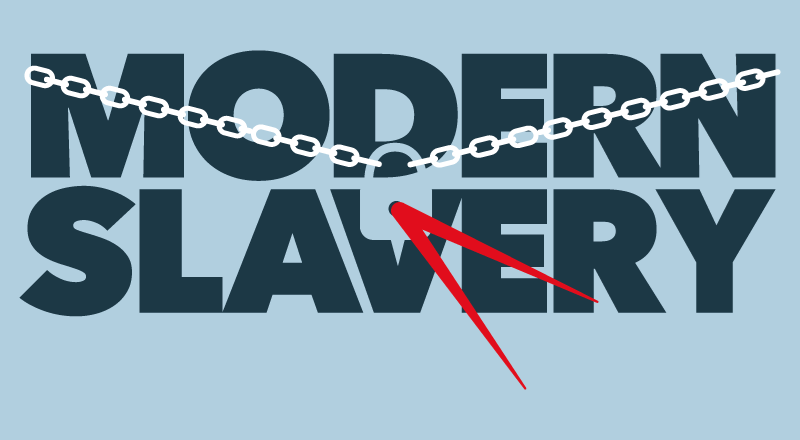The Law Commission Report on corporate criminal liability, released on 10 June 2022, centres on concerns that the structure of corporations can incentivise employees to break the law for financial benefit. While there have been numerous corporate convictions in recent years, the effectiveness of punishments for responsible decision-makers has been called into doubt.
The paper presents 10 options to ensure that corporations can be correctly prosecuted without overburdening businesses abiding by the law.
These measures are split broadly into: the identification doctrine and alternative methods of attribution; possible failure to prevent offences; directors’ individual liability under ‘consent or connivance’ provisions; and the options when sentencing a corporation.
The report highlights some options under civil law to address criminal offending on behalf of corporations, encompassing administrative monetary penalty regimes, civil actions and disclosure and reporting regimes.
“The general trend of the options paper appears to trend towards the application of an administrative civil liberty regime, with general obligations and administrative penalties for organisations that fail to prevent fraud,” says Mike Miller, ICAEW’s Economic Crime Manager. “This would make ‘failure to prevent’ offences largely civil matters, supported by monetary penalties and potential public disclosure, rather than criminal offences.
“It is unclear how favourably this step would be received by law enforcement bodies and the Crown Prosecution Service. Overall, several of the recommendations of the Commission’s paper align with ICAEW’s own response to the consultation and these will be explored in more detail in a briefing paper.”
The 10 options of the paper are:
1) Retention of the present identification doctrine.
2a) Allowing conduct to be attributed to a corporation if a member of its senior management engaged in, consented to, or connived in the offence. A member of senior management would be any person who plays a significant role in the making of decisions about how the whole or a substantial part of the organisation’s activities are to be managed or organised, or the actual managing or organising of a substantial part of those activities.
2b) As 2a, with the addition that the organisation’s chief executive officer and chief financial officer would always be considered to be members of its senior management.
3) An offence of failure to prevent fraud by an associated person. The offence would be committed where an associated person (who might be an employee or agent) commits an offence of fraud with intent to benefit the corporation, or to benefit another person to whom they provide services on behalf of the corporation.
4) An offence of failure to prevent human rights abuses.
5) An offence of failure to prevent ill-treatment or neglect.
6) An offence of failure to prevent computer misuse. If any of these options were taken forward, further work and consultation would be necessary on the scope of the offences.
7) Make publicity orders available in all cases where a non-natural person is convicted of an offence.
8) A regime of administratively imposed monetary penalties.
9) Civil actions in the High Court, based on Serious Crime Prevention Orders, but involving a power to impose monetary penalties.
10a) A reporting requirement based on section 414CB of the Companies Act 2006, requiring public interest entities to report on anti-fraud procedures.
10b) A reporting requirement based on section 54 of the Modern Slavery Act 2015, requiring large corporations to report on their anti-fraud procedures.
“The ICAEW will consult with relevant stakeholders following the publication of this options paper and make appropriate commentary on alignment or otherwise with the Commission’s options and any further recommendations based on the views of the membership,” Miller explains.
Recent articles
Company reform and economic crime
The Economic Crime Act 2022 became law in March and part two of the bill is incoming. From risks to required changes, we explore key considerations for accountants on the issue.




